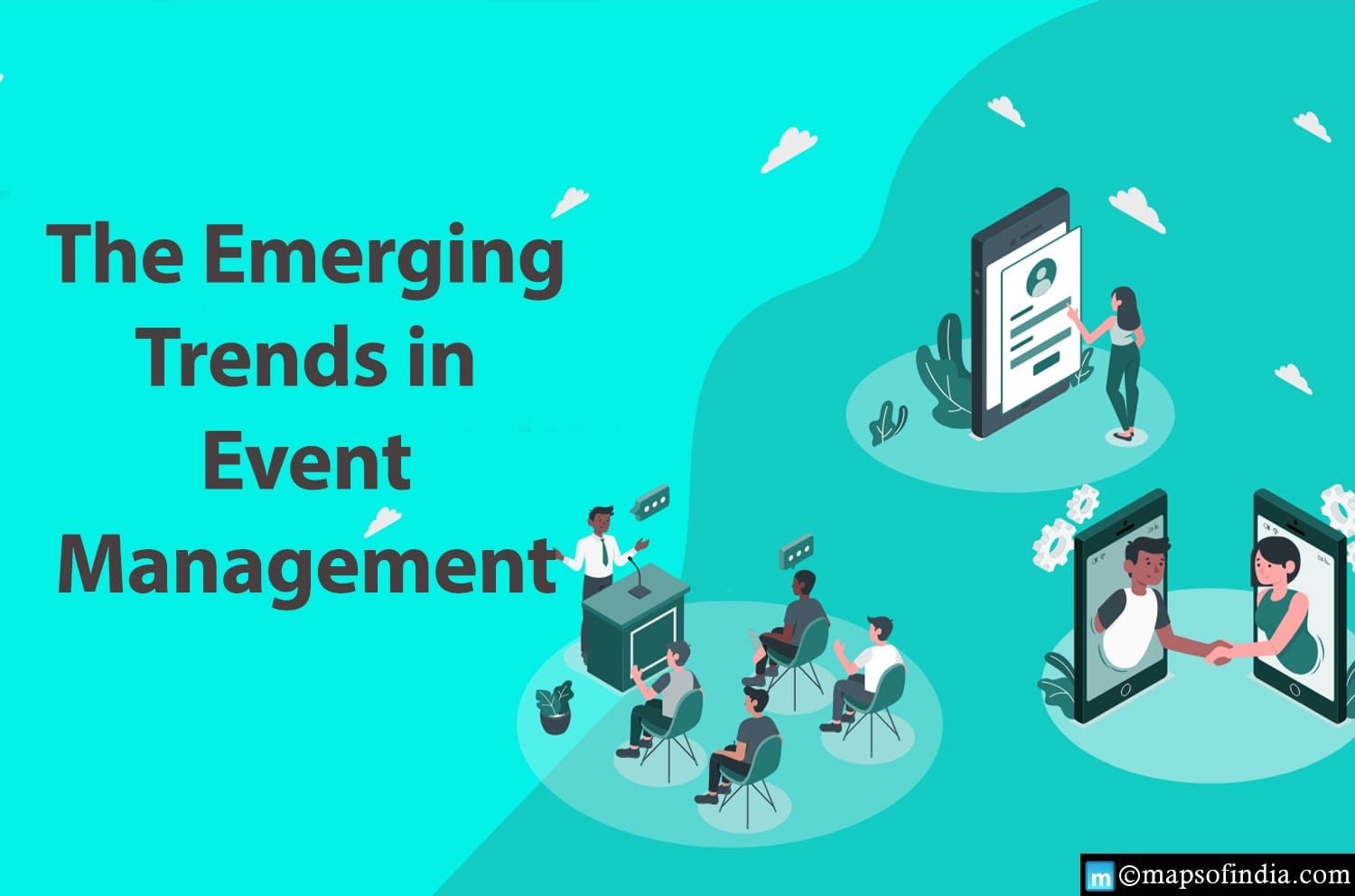Technology in Event Management: Trends and Tools

In today’s fast-paced world, technology has become an integral part of every industry. Event management is no exception. Technology has revolutionized the way events are planned, organized, and executed. From event registration to marketing and attendee engagement, various tools and trends have emerged to streamline the entire event management process. Let’s explore some of the latest trends and tools that are shaping the tech-driven event management industry.
1. Event Planning and Management Platforms
Gone are the days of spreadsheets and manual processes for event planning. Event management platforms have emerged as the one-stop solution for professionals to centralize their event management operations. These platforms provide features such as event registration, ticketing, email marketing integration, attendee management, and analytics. With real-time data and sophisticated automation, event planners can save time, enhance efficiency, and enhance attendee experience.
2. Mobile Apps for Event Engagement
Mobile apps have become an essential tool for engaging attendees before, during, and after events. These apps offer personalized agendas, interactive maps, networking opportunities, and push notifications for important updates. Attendees can access event schedules, speaker information, and session details, providing a seamless and interactive experience. Mobile apps also allow event organizers to gather feedback, conduct surveys, and provide instant updates to enhance attendee satisfaction.
3. Virtual and Hybrid Event Solutions
With the COVID-19 pandemic reshaping the event landscape, virtual and hybrid events have become the new normal. Technology has stepped in to offer solutions that enable event organizers to host engaging virtual experiences. Virtual event platforms offer features like live streaming, virtual booths, chat functionality, and networking lounges. Hybrid events combine both virtual and in-person elements, catering to a wider audience and offering flexibility. These solutions not only save costs but also open up new opportunities for attendees to participate from anywhere in the world.
4. Artificial Intelligence and Machine Learning
The integration of artificial intelligence (AI) and machine learning (ML) has revolutionized event management. AI-powered chatbots can handle attendee queries, provide assistance, and automate mundane tasks. ML algorithms analyze attendee data, enabling event planners to personalize experiences, recommend relevant sessions, and optimize event logistics. AI-driven sentiment analysis helps monitor social media and online feedback, providing real-time insights for event improvement. These technologies enhance engagement, minimize errors, and offer valuable insights to organizers.
5. Augmented and Virtual Reality
Augmented reality (AR) and virtual reality (VR) technologies provide immersive experiences for event attendees. AR applications enable virtual product demonstrations, interactive experiences, and information overlays. VR allows participants to explore virtual spaces, attend virtual conferences, and engage with realistic simulations. Event planners can use these technologies to create memorable experiences, showcase products, and offer unique networking opportunities, irrespective of geographical limitations.
6. Live Streaming and Video Conferencing
Live streaming and video conferencing have become essential tools for broadcasting events to a remote audience. Whether it’s streaming keynotes, panel discussions, or breakout sessions, live streaming platforms enable seamless access to content. Video conferencing tools facilitate networking, Q&A sessions, and virtual interactions, bridging the gap between virtual and in-person attendees. With high-quality video and audio capabilities, these tools allow organizers to extend event reach and engage a global audience.
7. Blockchain for Secure Transactions
Blockchain technology has entered the event management space to ensure secure and transparent transactions. Smart contracts powered by blockchain enable secure ticket sales, reduce fraudulent activities, and provide traceability. The decentralized nature of blockchain ensures trust and eliminates intermediaries, enhancing the efficiency of financial transactions for event organizers and attendees alike.
Conclusion
Technology continues to reshape the landscape of event management. From the initial planning stages to attendee engagement and post-event analytics, various tools and trends have emerged. Event management platforms, mobile apps, virtual and hybrid event solutions, AI and ML integration, AR and VR experiences, live streaming, blockchain, and more are revolutionizing the industry. Embracing these technological advancements not only enhances the efficiency of event management but also offers immersive experiences for attendees. To stay ahead in the ever-evolving events industry, adopting these tech-driven trends and tools is crucial.